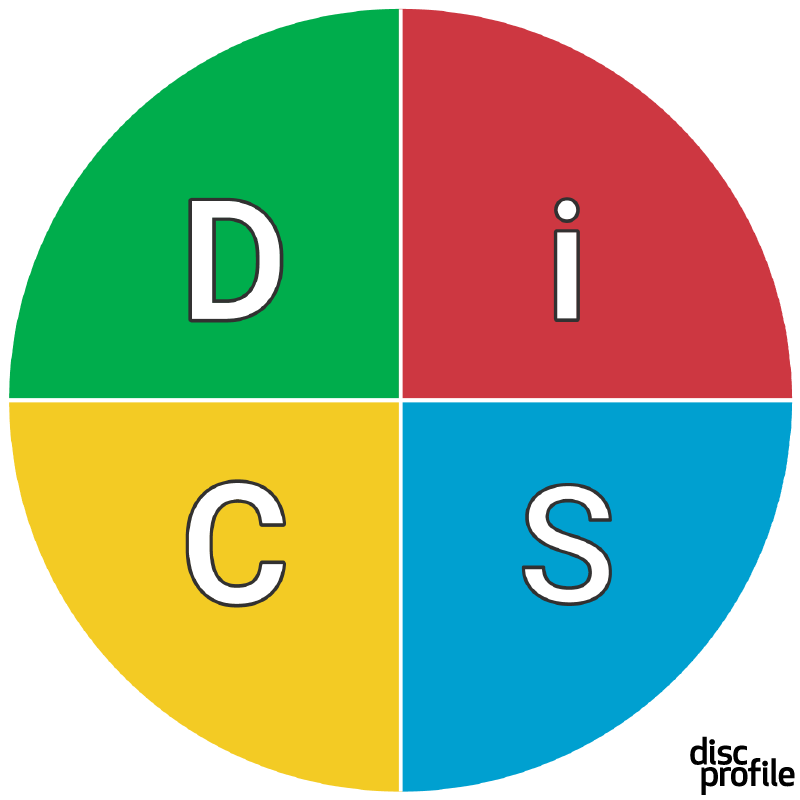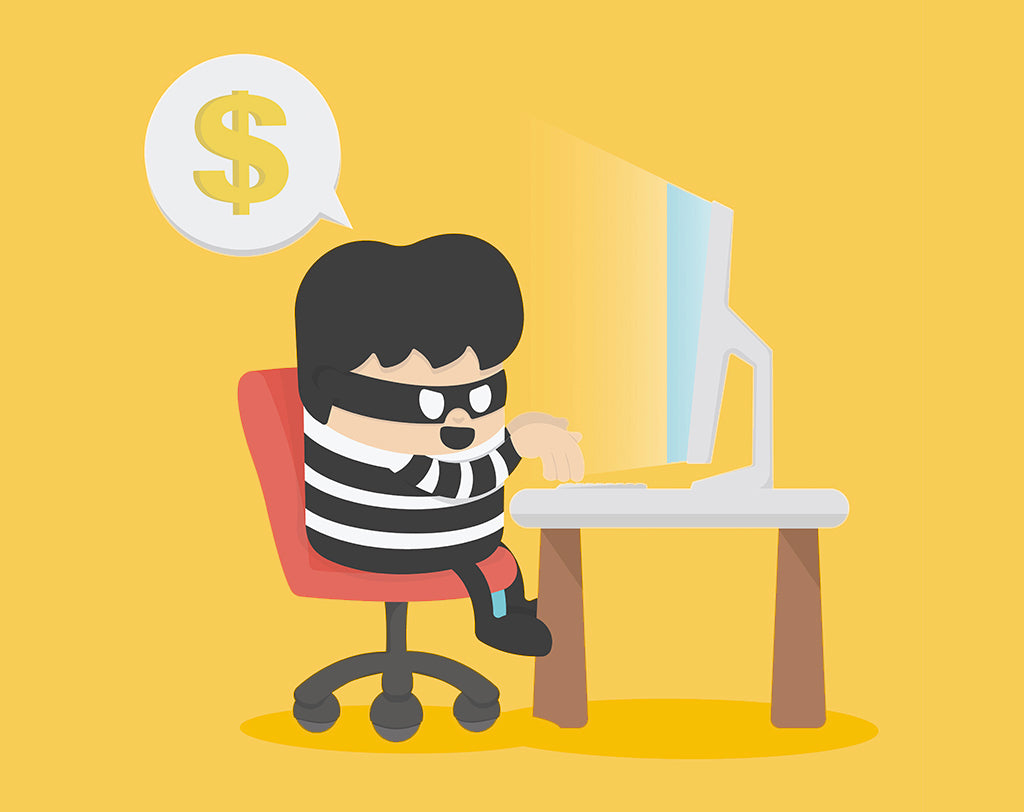Once personal information has been leaked into the hands of a cybercriminal, it’s easy for them to steal your identity and from there, the possibilities are endless. Everyone is probably tired of hearing about Equifax at this point, but the silver lining to the insane media coverage is bringing awareness to the general public about the consequences of lax cybersecurity. Harming your credit score, gaining access to your financial institutions, and having open access to your friends and family are just a few of the things a criminal could use your stolen identity for.
Staying vigilant about identity theft is a crucial part of keeping your information safe and secure. Some of these red flags sound like common sense, but you’d be surprised at how many people brush off incidents that should prompt immediate action.
Here are some of the most common red flag warnings of identity theft from the Federal Trade Commission (FTC):
- You see withdrawals from your bank account that you can’t explain.
- You don’t get your bills or other mail.
- Merchants refuse your checks.
- Debt collectors call you about debts that aren’t yours.
- You find unfamiliar accounts or charges on your credit report.
- Medical providers bill you for services you didn’t use.
- Your health plan rejects your legitimate medical claim because the records show you’ve reached your benefits limit.
- A health plan won’t cover you because your medical records show a condition you don’t have.
- The IRS notifies you that more than one tax return was filed in your name, or that you have income from an employer you don’t work for.
A good first step is to create an account on the Social Security Administration website before anyone else does. This way, you can at least check your Social Security earnings to see if anything looks off. You’ll need to have some information on hand, as the site will ask you about specific accounts you have open to verify your identity, and if you provide a wrong answer, you’ll be locked out for 24 hours. Caveat: if you’ve already placed a fraud alert or security freeze on your credit report(s), you won’t be able to do this online and you’ll have to either remove the freeze or go into your local Social Security office.
Also, the FTC suggests filing your taxes as early as you can before a potential scammer can. Tax identity theft happens when someone uses your Social Security number to get a tax refund or a job. And always respond right away to letters from the Income Revenue Service (IRS).
If reading through the red flags, you now suspect someone is using your identity to open lines of credit, apply for jobs, or other activities, file an Identity Theft Affidavit and create an Identity Theft Report with the FTC. You can file this online or by phone or mail:
- 1-877-ID THEFT (877-438-4338)
- TDD (toll-free): 1-866-653-4261
- 600 Pennsylvania Ave., Washington DC 20580
Remember, the best defense when it comes to identity theft is to stay aware of all your accounts and to take action immediately if something seems off.







